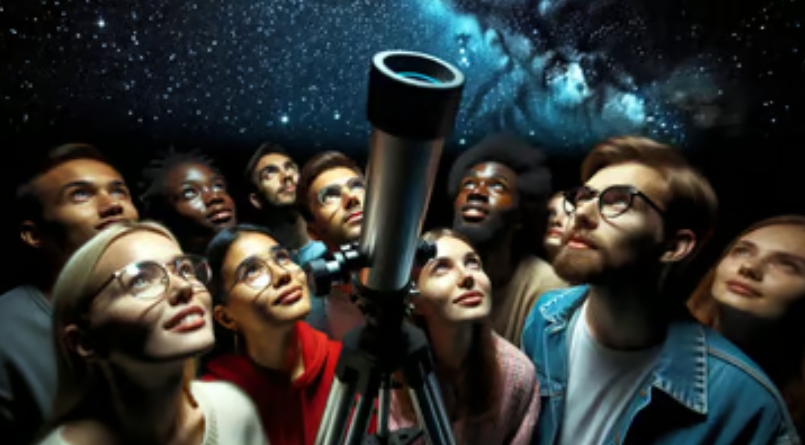Introduction
The tapestry of modern literature has been intricately woven with threads of diversity, reflecting the rich mosaic of human experiences. As we step into the contemporary era, the literary landscape has evolved to embrace a multitude of voices that were once marginalized or unheard. This article explores the rise of diverse voices in modern literature, examining how these narratives have reshaped the literary world and the impact they have had on readers and writers alike.
The Historical Context
Before delving into the current state of affairs, it’s crucial to acknowledge the historical context. Traditionally, literature was dominated by the perspectives of a select few—predominantly white, male, and Western. The voices of women, people of color, LGBTQ+ individuals, and those from non-Western cultures were often silenced or overlooked. However, the tides began to turn with the advent of the civil rights movements, feminist movements, and the rise of post-colonial literature.
The Emergence of Diverse Voices
Women Writers
The 20th century witnessed a surge in the number of women writers who broke through the glass ceiling, challenging the patriarchal norms and expectations. Authors like Virginia Woolf, Maya Angelou, and Toni Morrison not only wrote about the female experience but also critiqued societal structures and norms. Their works paved the way for a new generation of women writers who continue to explore themes of gender, identity, and power.
Voices of Color
The late 20th and early 21st centuries have seen an explosion of literature from authors of color. Writers like Ta-Nehisi Coates, Chimamanda Ngozi Adichie, and Colson Whitehead have brought the experiences of racial and ethnic minorities to the forefront. Their narratives often tackle issues of race, class, and social justice, offering readers a deeper understanding of the complexities of life beyond their immediate experiences.
LGBTQ+ Representation
The LGBTQ+ community has also made significant strides in literature, with authors like James Baldwin, Audre Lorde, and Sarah Waters challenging heteronormative narratives. Their works have not only provided representation for the LGBTQ+ community but have also expanded the literary conversation to include themes of sexuality, gender identity, and the quest for acceptance and equality.
Global Perspectives
In the age of globalization, literature has become increasingly diverse in terms of geographical origin. Writers from Asia, Africa, Latin America, and the Middle East are sharing their stories with the world, offering unique perspectives that challenge Western-centric narratives. Authors like Arundhati Roy, Mo Yan, and Elif Shafak have contributed to a more globalized literary scene.
The Impact on the Literary World
Broadening the Canon
The inclusion of diverse voices has broadened the literary canon, enriching the body of work that is studied and celebrated. This has led to a more comprehensive understanding of the human condition and has allowed for a greater appreciation of the multiplicity of experiences that make up our world.
Encouraging Dialogue
Diverse literature encourages dialogue and debate. It challenges readers to question their own beliefs and assumptions, fostering empathy and understanding. This has been particularly important in addressing social issues and promoting inclusivity.
Inspiring New Writers
The rise of diverse voices has also inspired a new generation of writers who see themselves represented in literature. This has led to an increase in the number of writers from diverse backgrounds, who are eager to share their stories and contribute to the literary landscape.
The Future of Diverse Voices in Literature
As we look to the future, it’s clear that the rise of diverse voices in literature is not just a trend but a fundamental shift in the way stories are told and shared. The literary world is becoming more inclusive, more representative, and more reflective of the global community.
Challenges and Opportunities
While there has been significant progress, challenges remain. Issues such as tokenism, the commercialization of diversity, and the struggle for visibility continue to be hurdles. However, these challenges also present opportunities for the literary community to engage in meaningful discussions and to continue pushing for greater diversity and representation.
The Role of Publishers and Readers
Publishers play a crucial role in supporting and promoting diverse voices. They must be vigilant in seeking out and nurturing new talent from diverse backgrounds. Readers, too, have a part to play by seeking out and supporting authors who offer different perspectives.
Conclusion
The rise of diverse voices in modern literature is a testament to the power of storytelling to bridge divides and foster understanding. As we continue to embrace and celebrate these voices, we enrich not only the literary world but also
